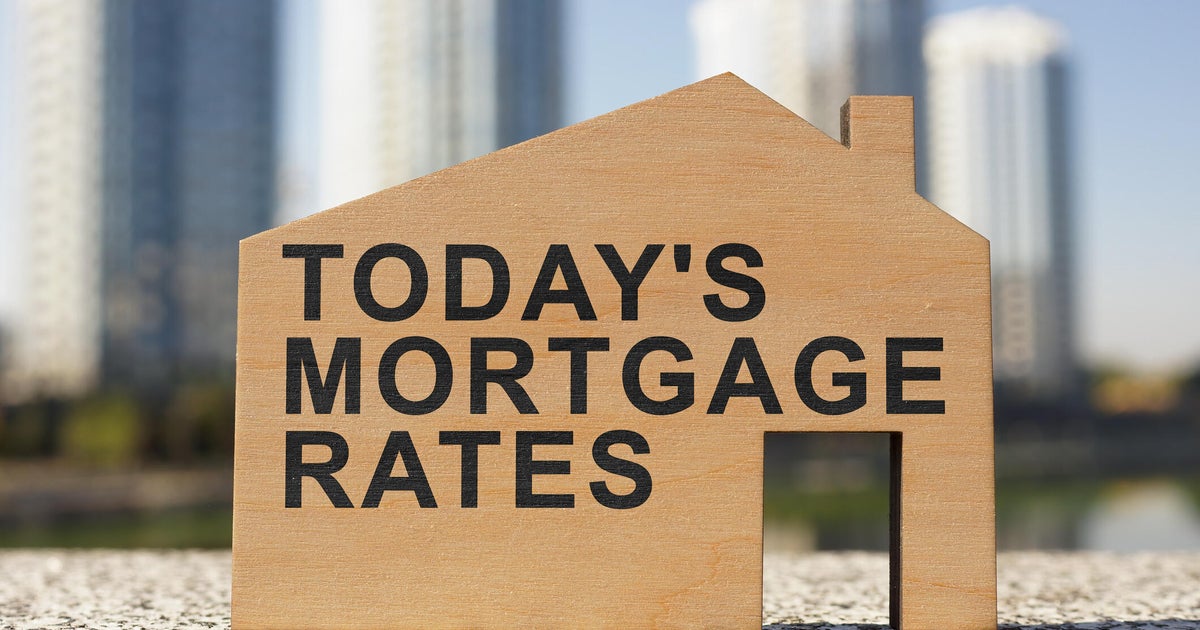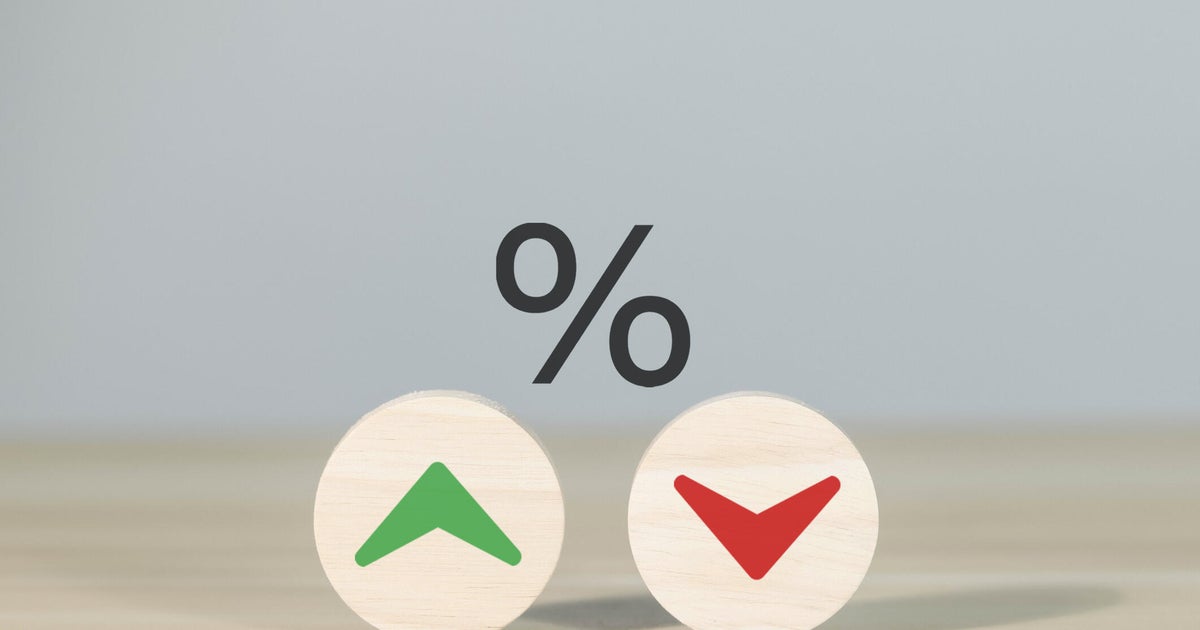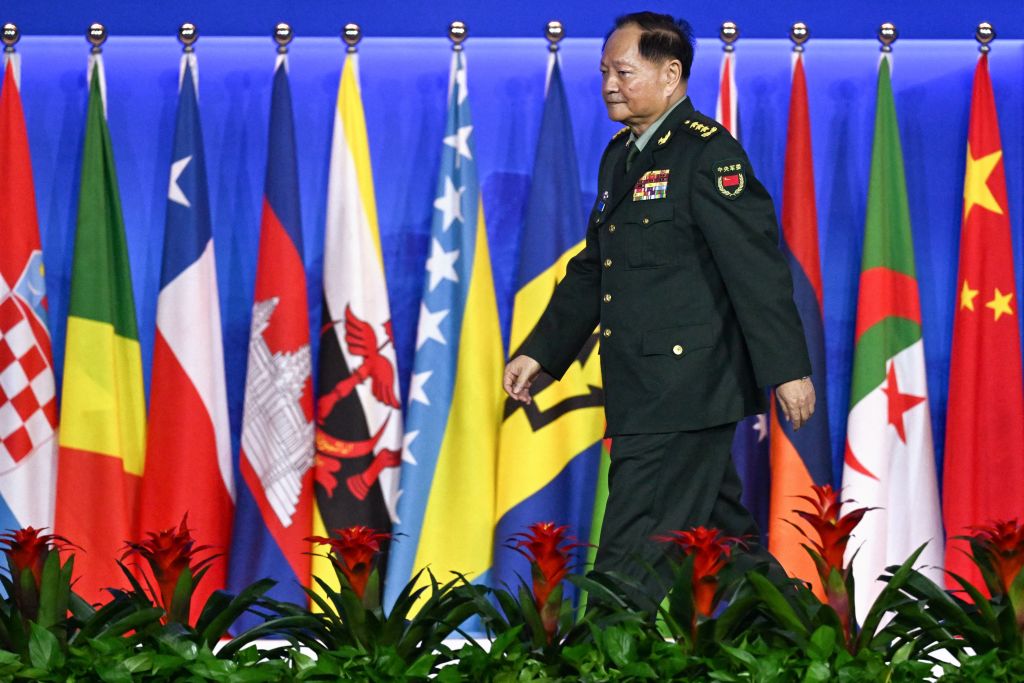China cuts interest rate to shore up slowing economy
China's central bank trimmed a key interest rate Monday to shore up sagging economic growth at a politically sensitive time when President Xi Jinping is trying to extend his hold on power.
The decision suggested Beijing is temporarily setting aside worries over high debt in order to head off a slump before Xi is expected to try to award himself a third five-year term as Communist Party leader at a meeting this fall.
The ruling party has effectively acknowledged it cannot hit this year's official 5.5% growth target after anti-virus curbs disrupted trade, manufacturing and consumer spending. A crackdown on excessive borrowing in China's vast real estate industry triggered a plunge in home sales and construction.
"The momentum of economic recovery has slowed," a government spokesman, Fu Linghui, said at a news conference. "More efforts are needed to consolidate the foundation of economic recovery."
The People's Bank of China cut its rate on a one-year loan to 2.75% from 2.85% and injected an extra 400 billion yuan ($60 billion) into lending markets after growth in factory output and retail sales weakened in July and home sales fell by double digits.
The central bank "seems to have decided it now has a more pressing problem," Julian Evans-Pritchard of Capital Economics said in a report.
The slowdown adds to political headwinds for Xi, China's most powerful leader since at least the 1980s. He still is widely expected to succeed, but some analysts say he might be forced to compromise by sharing more of his sweeping powers with other party leaders.
Despite downward pressure on growth, party leaders affirmed their commitment to the severe "zero-COVID" strategy in a July 29 statement. It dropped previous references to growth targets after the economy grew by just 2.5% over a year earlier in the first half of 2022.
Growth in factory output in July slowed to 3.8% over a year ago, down 0.1 percentage point from the previous month, according to the National Bureau of Statistics. Growth in consumer spending fell to 2.7%, down 0.4 percentage points from June.
Sales of housing and other commercial real estate fell 28.8% from a year earlier.
Beijing is forcing developers to reduce debt levels, which caused economic growth to plunge in mid-2021, disrupting a recovery from the coronavirus pandemic. The crackdown has bankrupted smaller developers and fueled fears of a default by the biggest, Evergrande Group, which owes $310 billion to banks and bondholders.
The "downward trend" in real estate has a "great impact on economic growth," said Fu, the government spokesman.
The rate cut and extra money for lending are small compared with China's $17 trillion-a-year economy, the world's second-largest. Instead, such changes are widely seen as a signal to the state-owned banking industry to lend more and cut charges for commercial borrowers.
The ruling party is struggling to revive activity after Shanghai, the country's business capital, and other industrial centers were shut for weeks starting in late March to fight virus outbreaks.
Managers of the Shanghai port, the world's busiest, say shipping is back to normal, but economists say it might be months before the flow of smartphones, home appliances, consumer electronics and other goods through complex supply lines fully recovers.
A survey of manufacturers released earlier showed activity in July contracted. Indicators of new orders, exports and employment declined.
Retails sales were off 0.7% from a year earlier in the first half after plunging 11% in April following the temporary shutdown of Shanghai and other cities.



